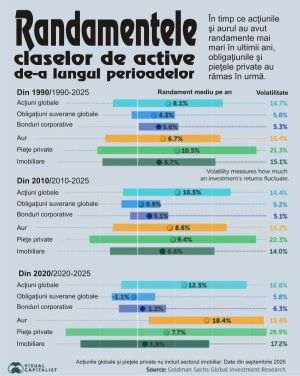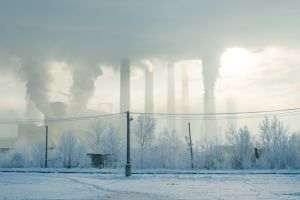The planet is changing at the same time as the climate. The effects are devastating for certain species. The earth has changed under the effects of human activity and, in this new environment, infectious diseases proliferate. Recent studies have revealed complex consequences of climate change caused by human activities, with the spread of some diseases and new modes of transmission for others. This is especially the case with vector species such as mosquitoes, which thrive in a wetter, warmer climate, and disease-carrying animals, which move closer to humans as their habitat disappears. The decrease in biodiversity seems to play an important role in the spread of diseases, according to a study published in the scientific journal Nature. Nearly 3,000 databases used in previous research were analyzed to discover how biodiversity loss, climate change, pollution, habitat destruction or modification, and the introduction of new species affect the development of infectious diseases in humans, animals and plants. Biodiversity degradation was identified as the main factor, followed by climate change and the introduction of new species. Parasites target species that are present in large numbers and therefore offer more potential hosts, said Jason Rohr, one of the authors of the study, who is a professor of biology at the University of Notre Dame in the US state of Indiana. And species with larger populations are more likely "to devote themselves to their growth, reproduction and multiplication at the expense of defense against parasites", he explained to AFP. On the other hand, rarer and more resistant species are more vulnerable to biodiversity decline, which translates into a greater proportion of abundant species that are susceptible to parasites, explained the American researcher. "If there are multiple generations of parasites or vectors, then multiple diseases can occur," Jason Rohr summarized.
However, the human footprint on our planet has increased these risks even more. In some cases, habitat loss or change has been associated with a decline in disease, particularly due to advances that have come with urbanization, such as running water and sanitation. And the consequences of climate change are not the same everywhere. In tropical regions, the warmer and wetter climate leads to an explosion of dengue cases. But in Africa, drier conditions could help stem the spread of malaria.
A study published in the journal Science modeled the interactions between climate change, precipitation and hydrological processes, such as evaporation and the rate at which water penetrates the soil. This research predicts a greater reduction in areas conducive to disease transmission than predicted by analyzes based on precipitation alone. The study suggests that the malaria transmission season could be four months shorter in some regions of Africa compared to previous estimates. However, these observations are not necessarily good news, said Mark Smith, research associate professor of hydrology at the University of Leeds and lead author of the study. The areas favorable to the spread of malaria will change," he told AFP. The population is expected to grow rapidly in regions where malaria is still prevalent or will become transmissible, which will increase the incidence of the disease. Conditions that are too harsh for malaria can also be too hard on people, taking water availability as an example, Mark Smith warned.
The links between climate and infectious diseases, however, suggest that climate modeling can help predict epidemics. Local temperatures and rainfall forecasts are already used to predict increases in dengue cases, but they only provide short-term information and are not always reliable. The Indian Ocean Basin Index (IOBW), which measures the average surface water temperature anomalies, could be an alternative.









































